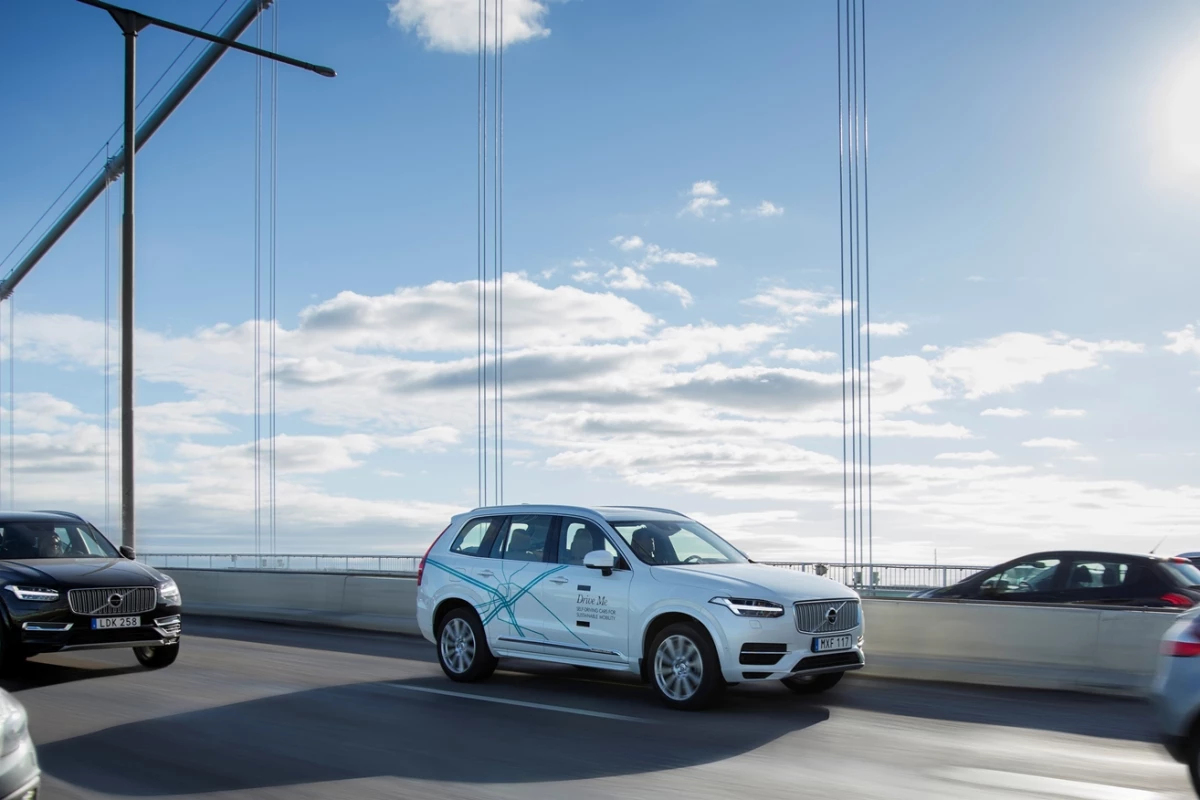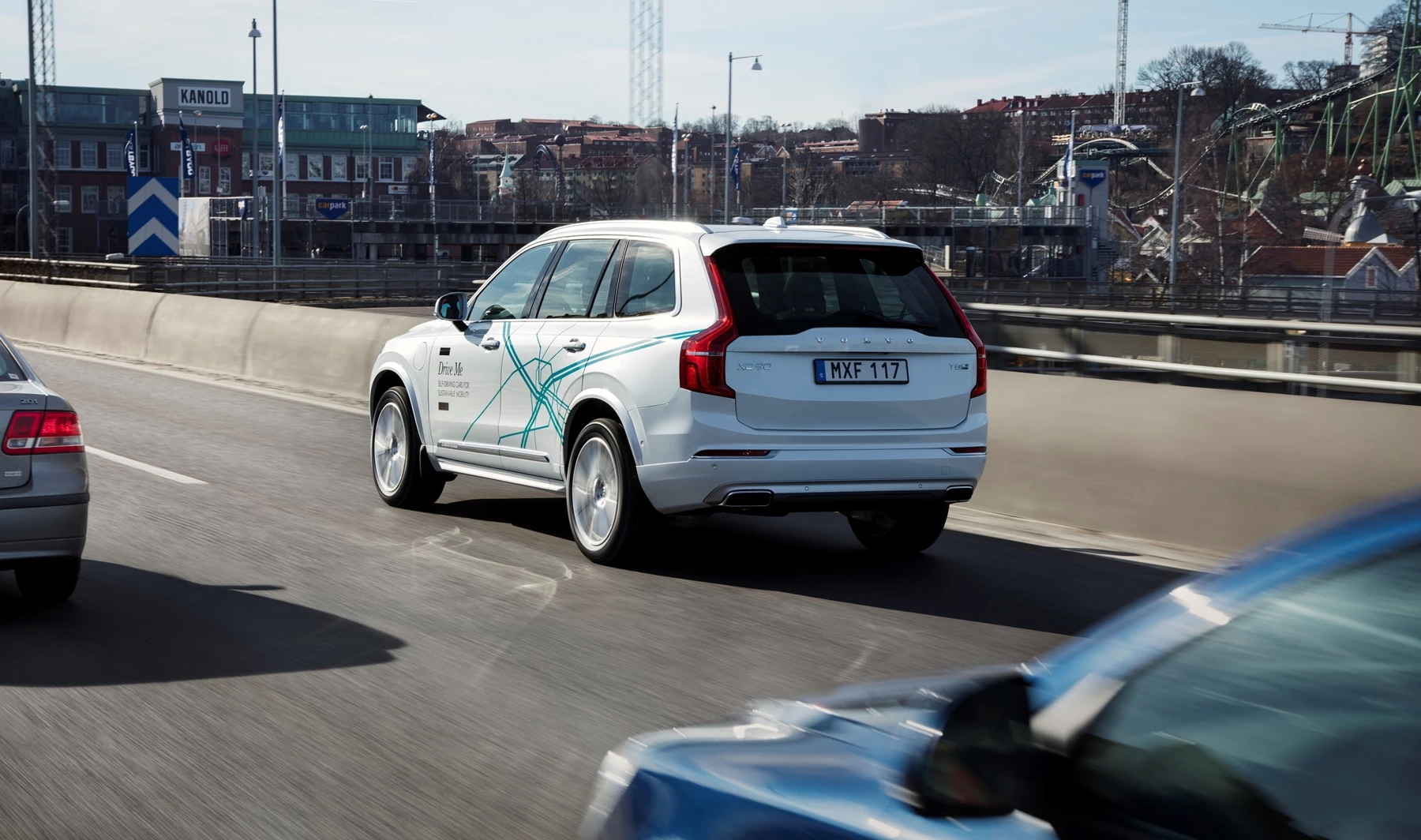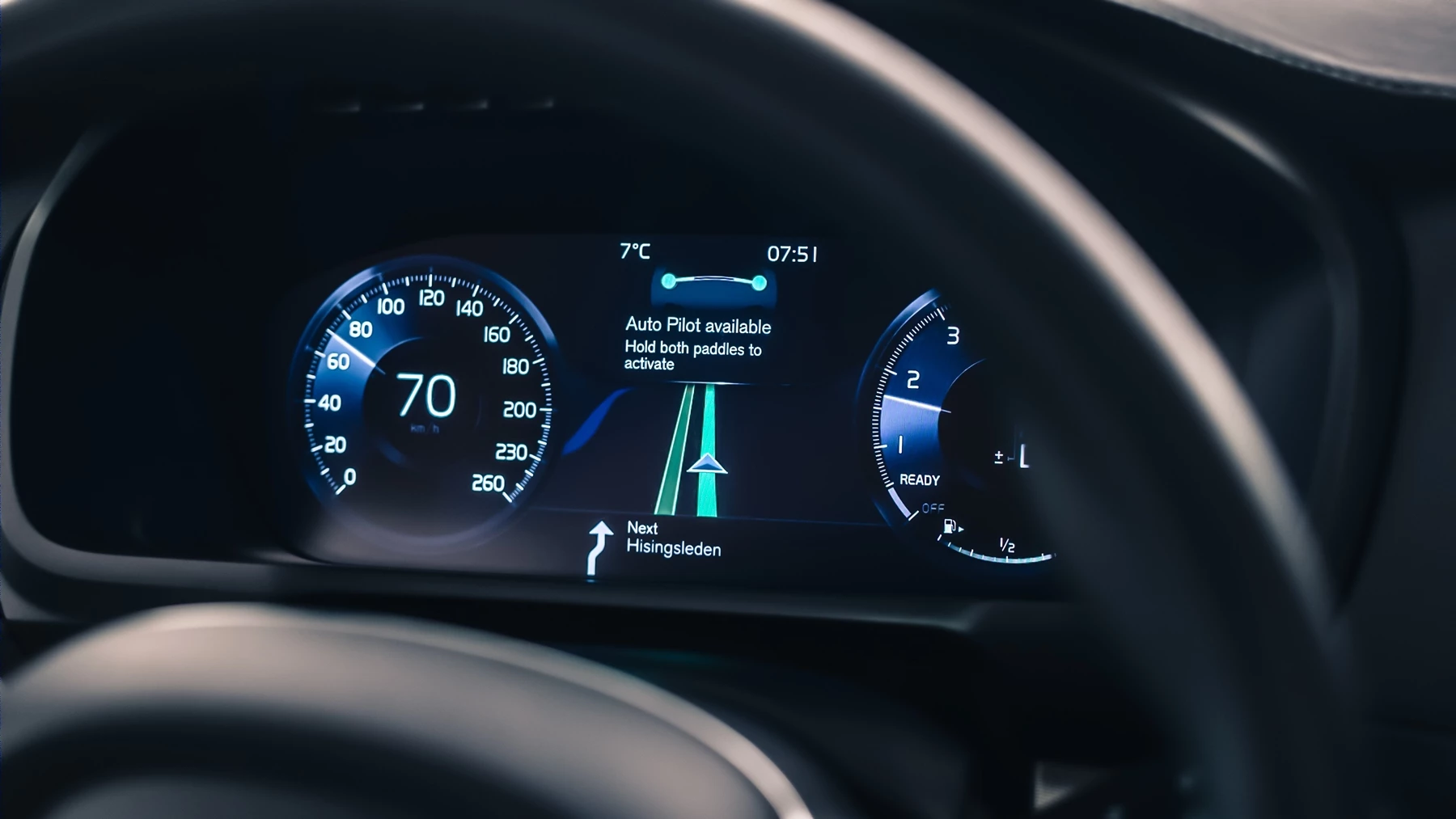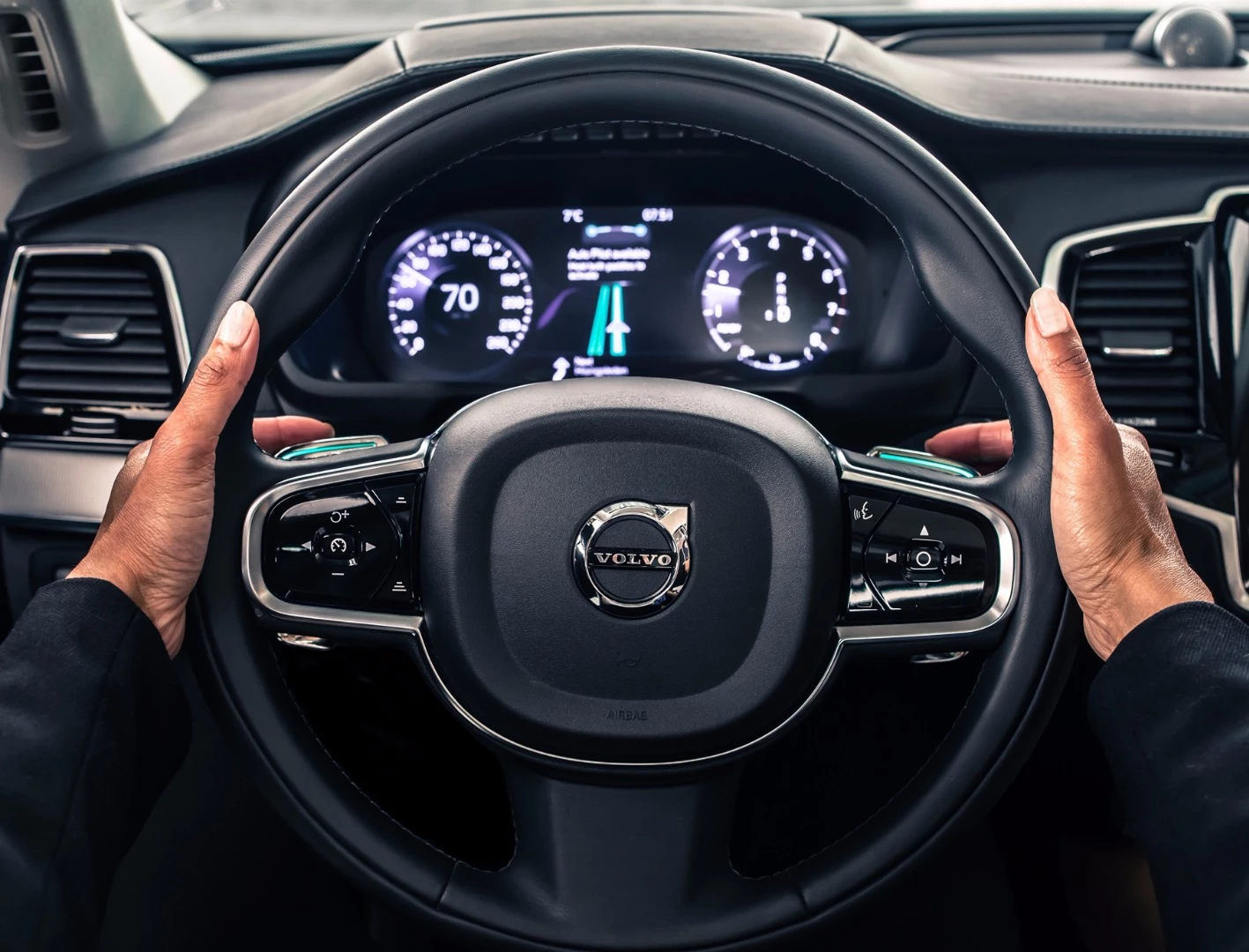Having announced what it calls China's "most advanced autonomous driving experiment" earlier this month, Volvo has now revealed plans for the UK's most ambitious autonomous driving trial as well. Drive Me London will see real families driving autonomous cars on public roads.
Volvo believes that the introduction of autonomous cars will "revolutionize" Britain's roads. In particular, it expects roads to be made safer, less congested, less polluted and less time consuming to get around.
The reasoning is that the data produced by sensors used on autonomous cars and their accompanying computer control systems are said to allow them to better monitor other vehicles around them and adjust their speed accordingly. This, in turn, means that traffic flows more smoothly, reducing traffic jams, emissions and congestion as a result.
The carmaker also says research suggests autonomous cars will have the potential to reduce accidents by up to 30 percent, with up to 90 percent currently caused by driver error or distraction. This is a view shared by the chief executive of trial partner Thatcham Research, Peter Shaw.
"Without doubt, crash frequency will also dramatically reduce," says Shaw. "We've already seen this with the adoption of Autonomous Emergency Braking (AEB) on many new cars. Research in the US by NHTSA predicts that by 2035, as a result of autonomous and connected cars, crashes will be reduced by 80 percent. Additionally, if a crash unfortunately can't be avoided, then the impact speed will also drop as a result of the system's performance, reducing the severity of the crash."
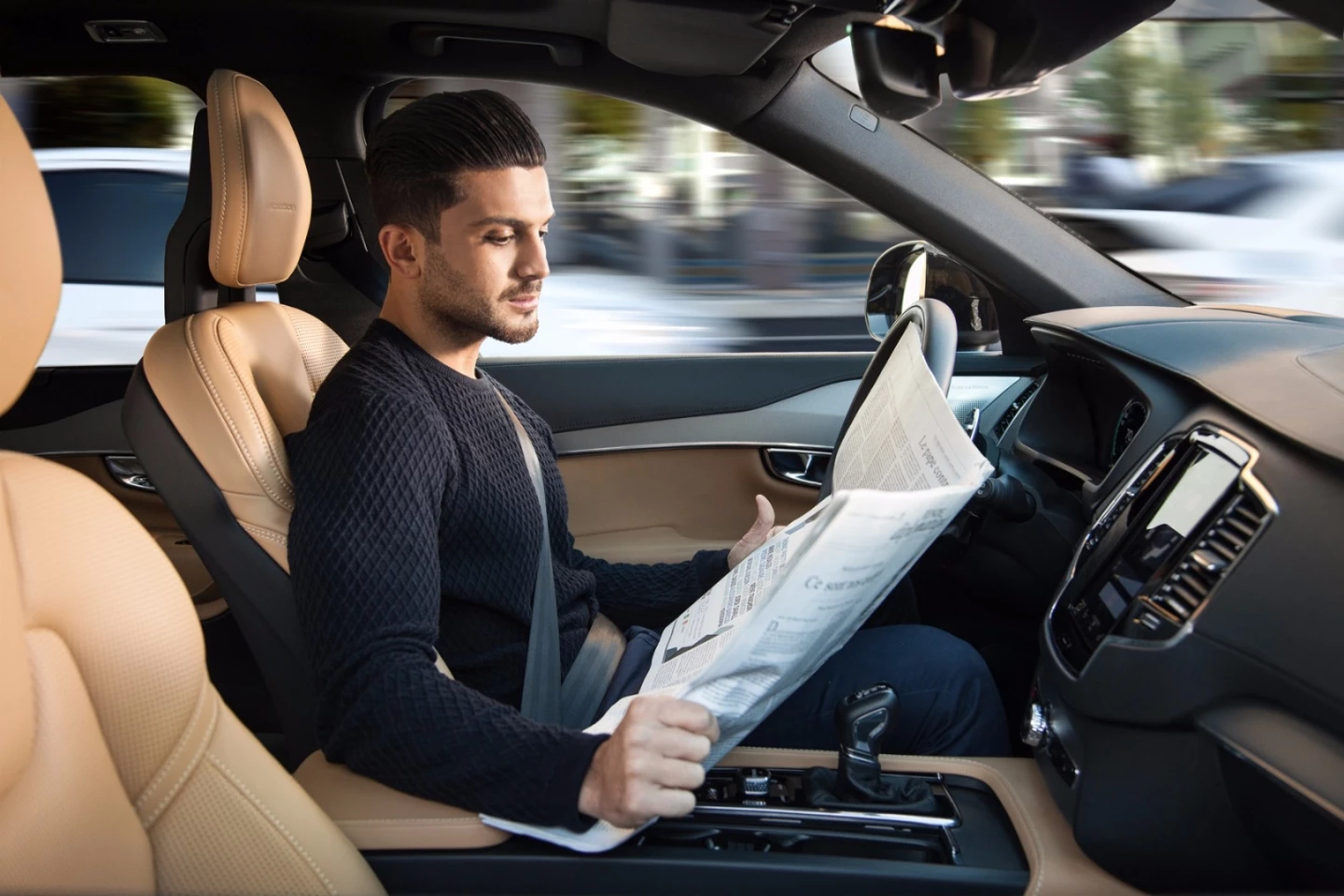
The Drive Me London trial is aimed at producing data that can be used to develop fully autonomous cars suitable for use in the real-world. Volvo says that such data can help to do so in a way that "more unrealistic" data produced on test tracks cannot.
Thatcham Research's role in the trial will be to provide technical analysis of the data produced and, where required, to provide professional test drivers.
Drive Me London is due to start early next year, with members of the public testing "a limited number" of semi-autonomous cars. The plan is then for the trial to be expanded to include up to 100 fully autonomous cars in 2018.
Source: Volvo
